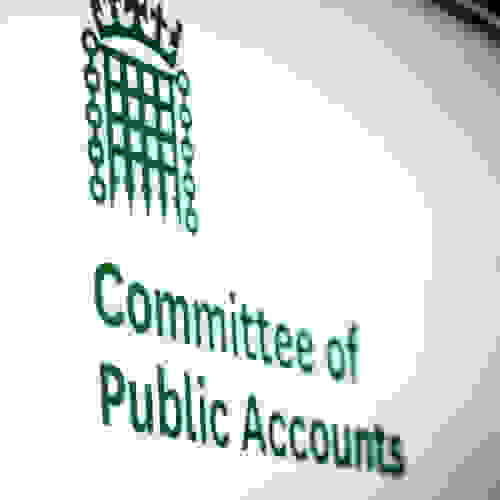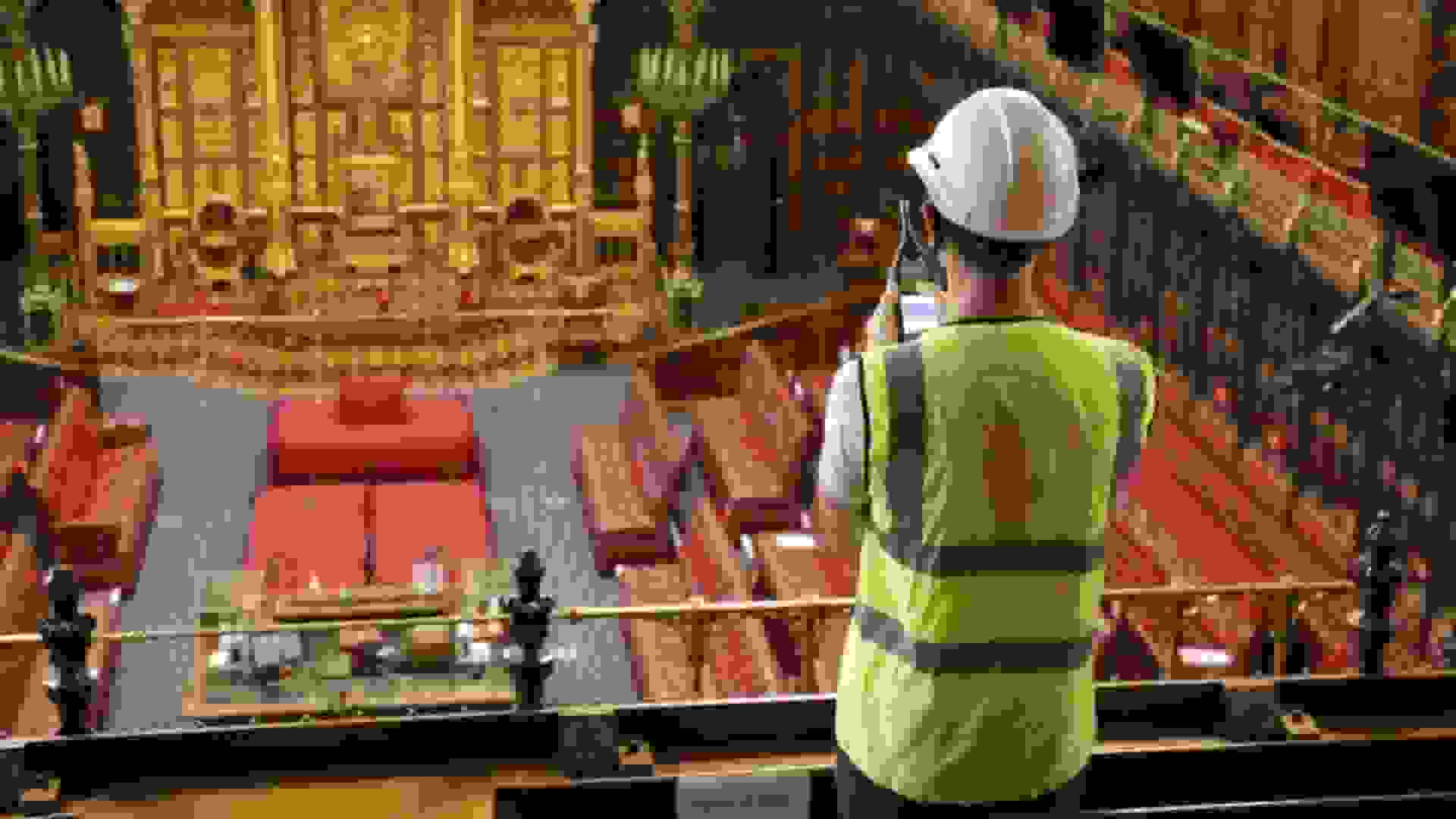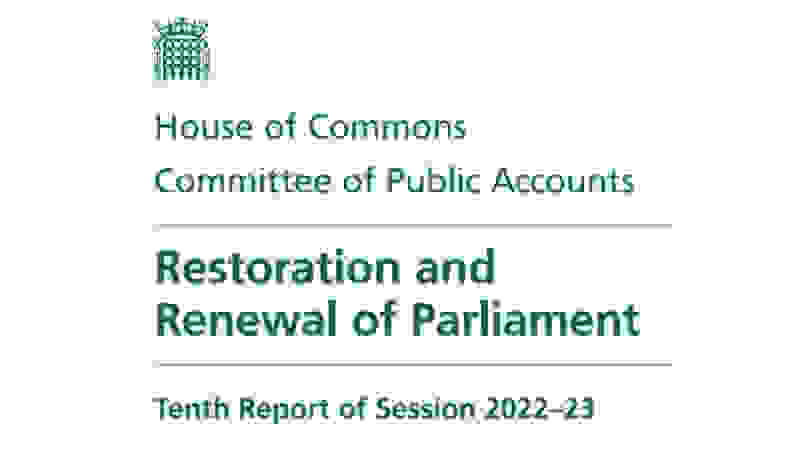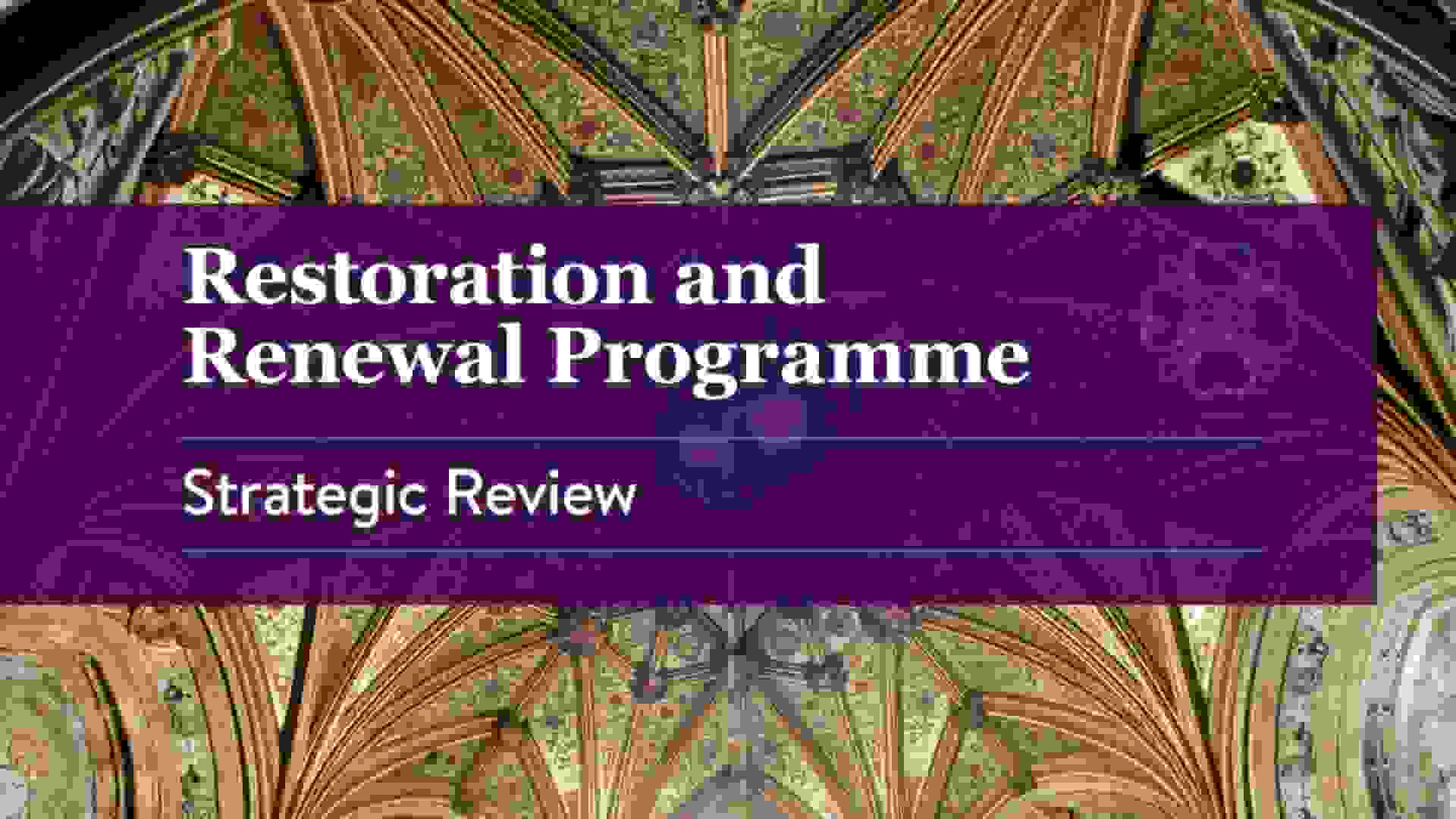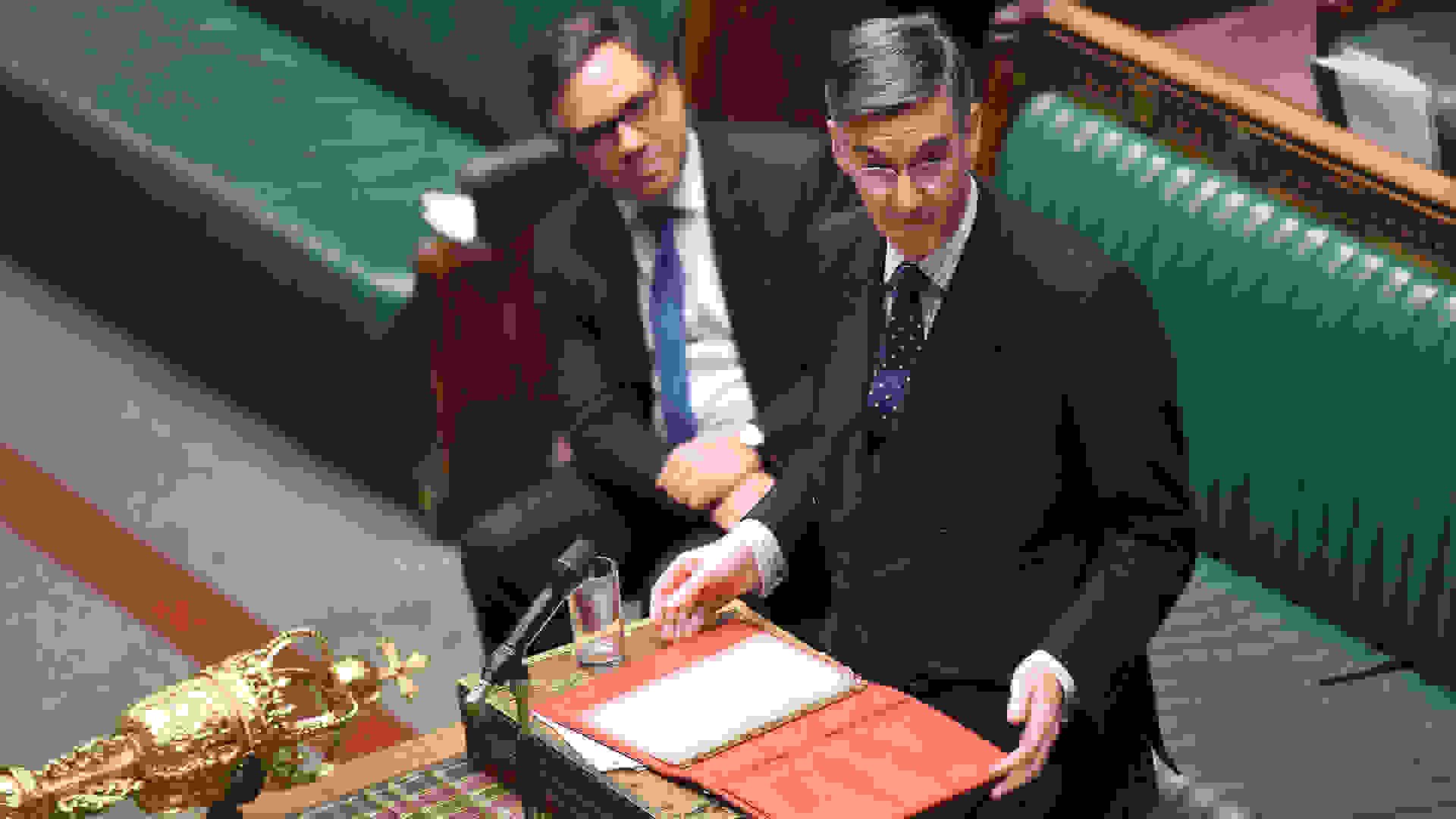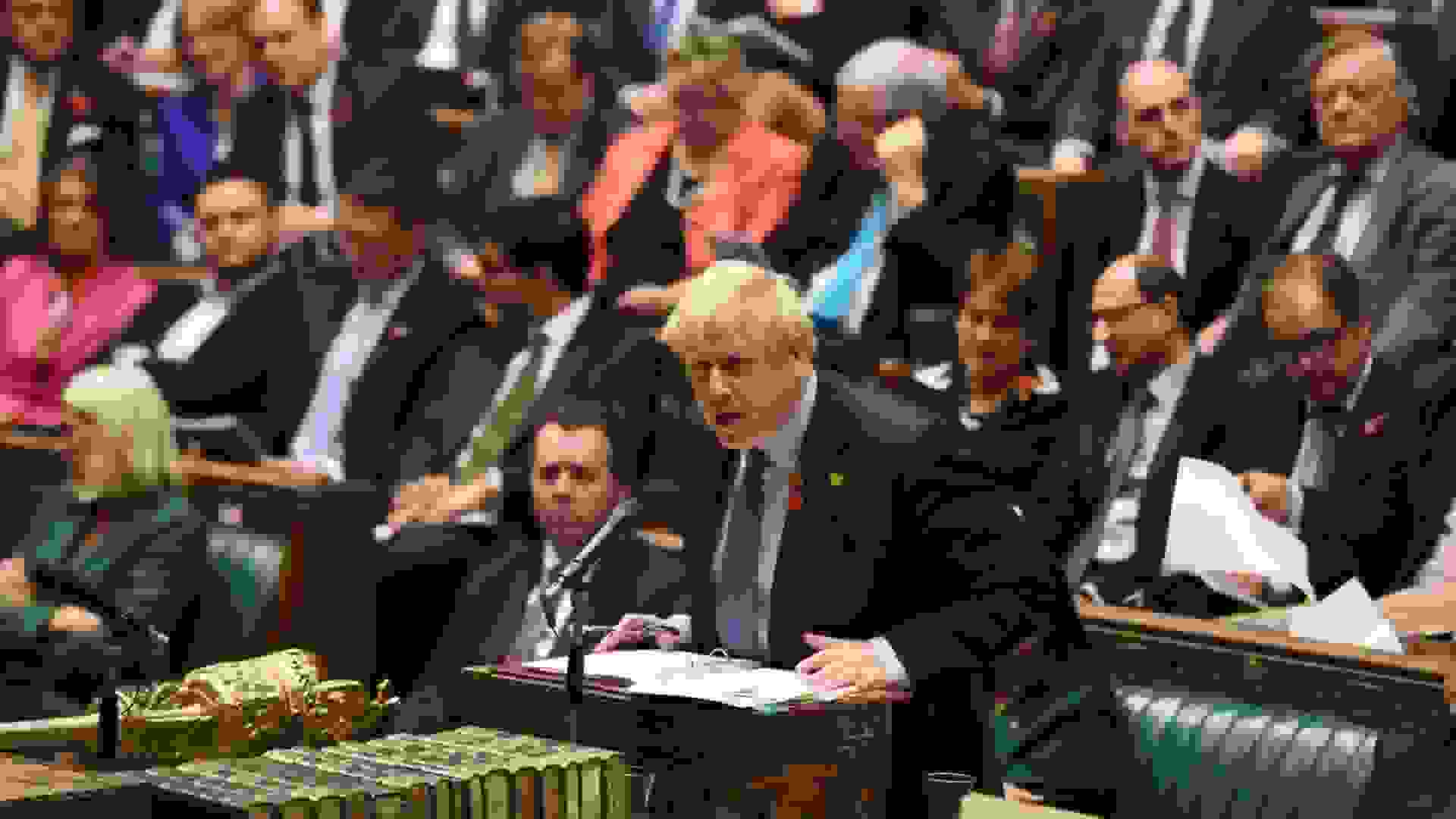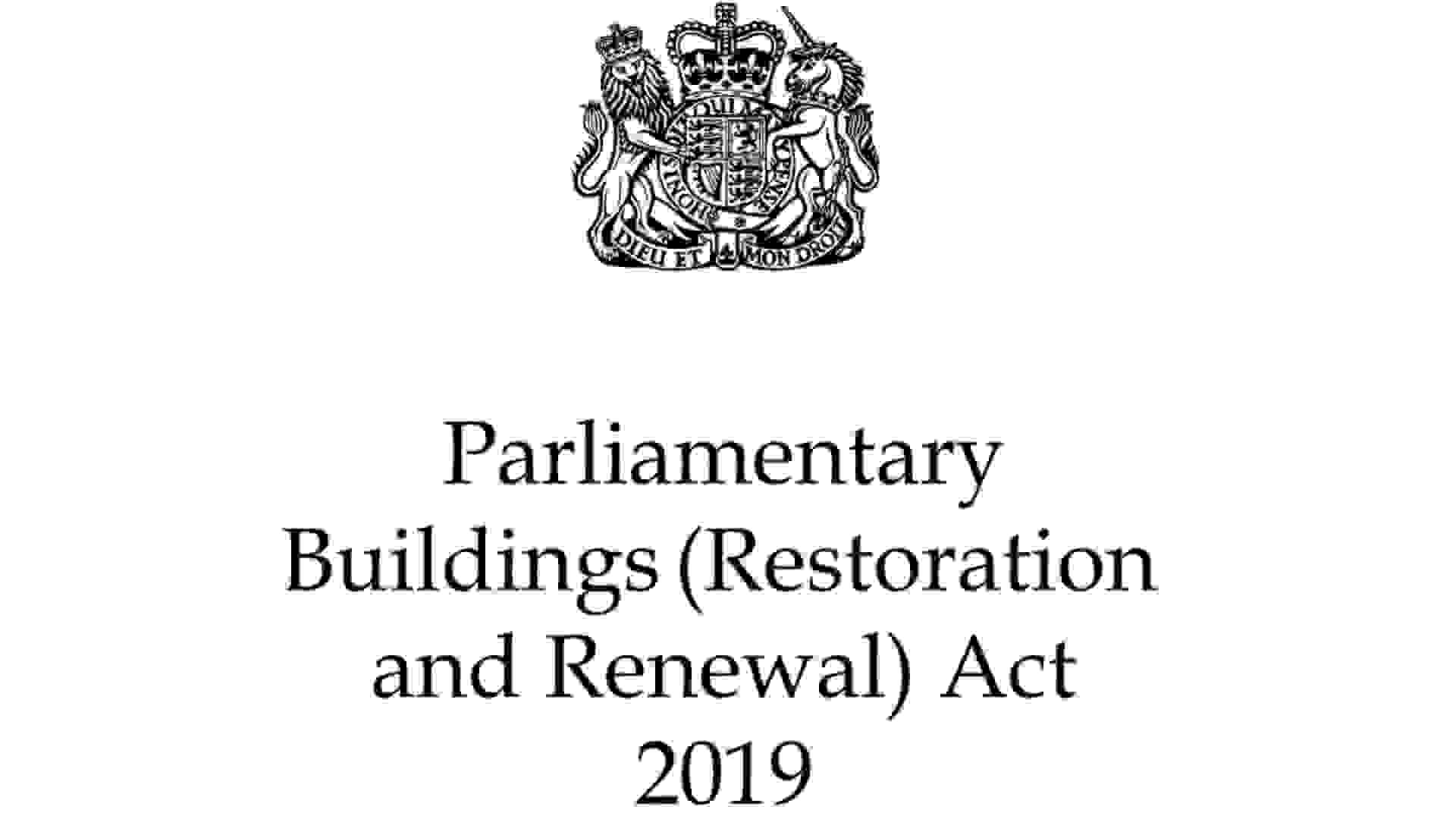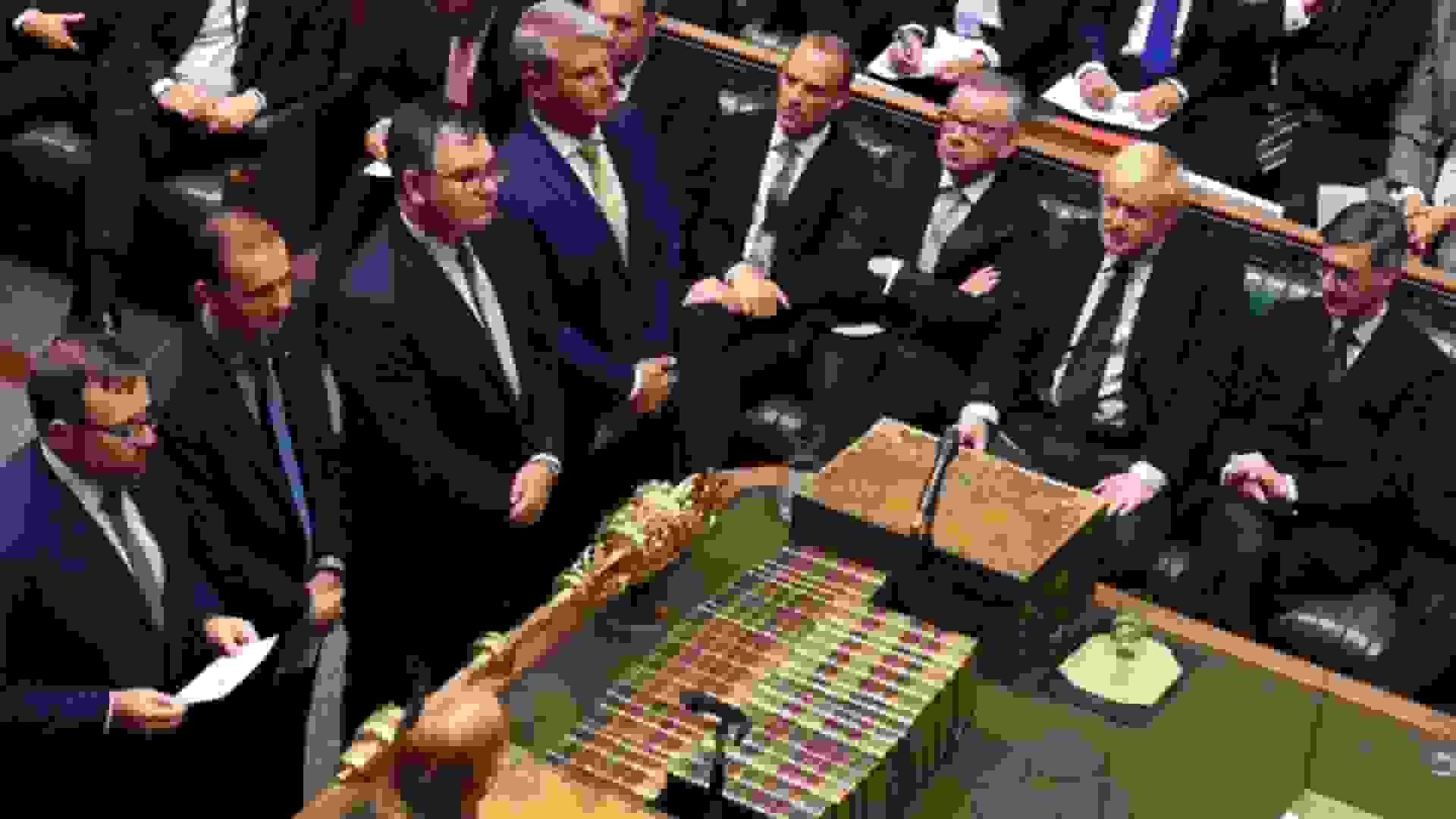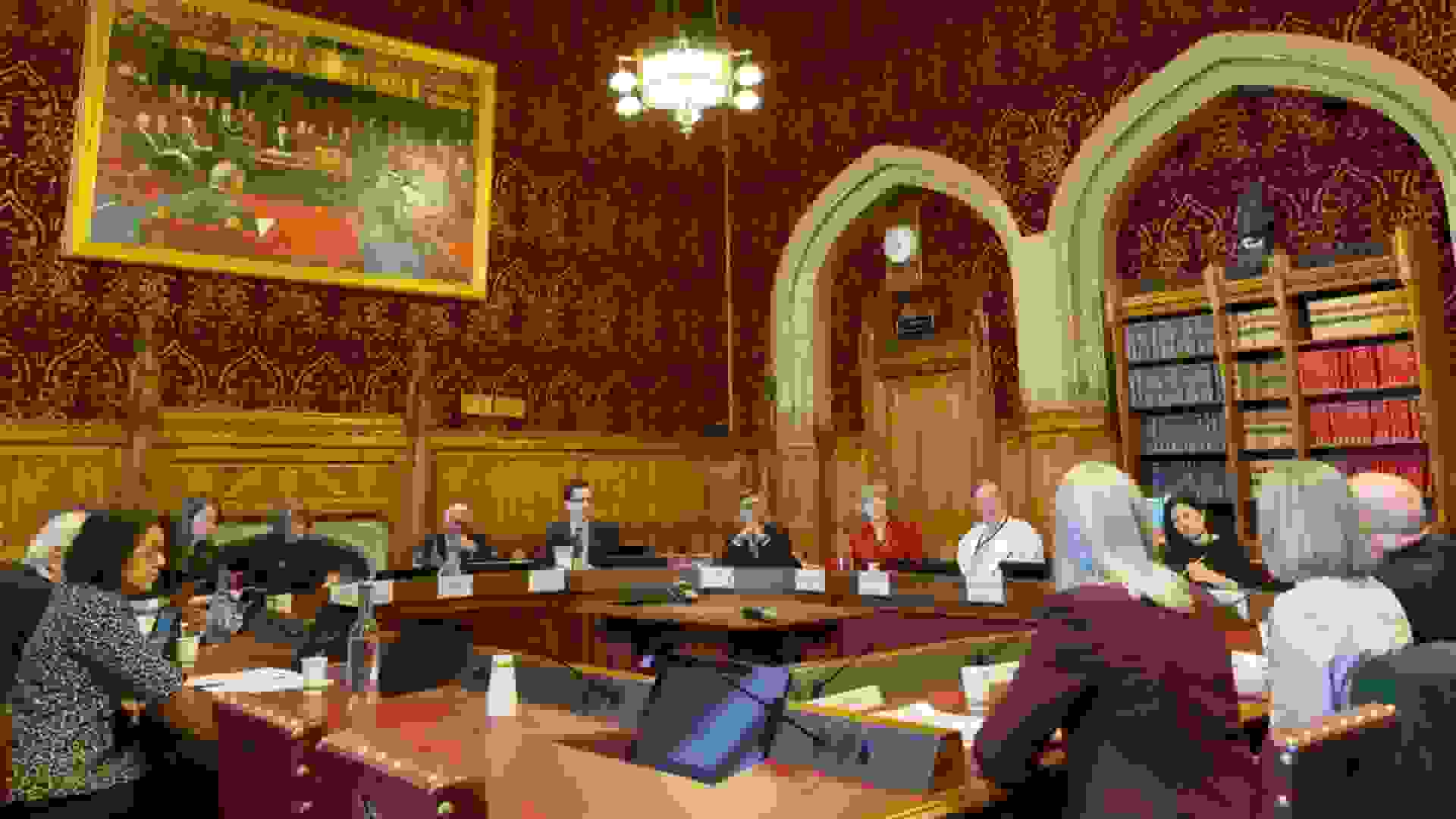Changes in governance over the course of the R&R project
Parliament legislated in 2019 to set up independent governance bodies – the Parliamentary Works Sponsor Body and the R&R Delivery Authority – to reduce the prospect of political interference in, and micro-management of, the R&R Programme. This governance model was predicated on lessons learned from other major infrastructure delivery projects, most notably the London 2021 Olympic Games.
In February 2022 the Commissions of both Houses reported that 'confidence within Parliament in the existing governance structure had been lost to such an extent that change is necessary'. The Commissions sought independent advice and assurance – via an 'Independent Advice and Assurance Panel' - on their proposed new approach to the works and the proposed new governance arrangements.
In July 2022 MPs and Peer agreed to change the governance arrangements – less than three years after they came into existence – bringing the project back under the overall control of parliamentarians.
The Client Board's role is to make critical choices and recommendations including reviewing the strategic case for the Programme and the proposals being laid before the two Houses for their endorsement. This Board consists of members of the two Commissions, with the addition of the Clerk of the Parliament and Chief Operational Officer in the House of Lords (who unlike the Clerk of the House in the Commons are not lay members of the House of Lords Commission).
The two Commissions have agreed that the R&R programme of works should initially focus on four priority areas:
fire safety and protection;
replacement of mechanical, electrical, drainage and plumbing, and data and communications systems;
asbestos management and wider health and safety issues;
conservation of the building fabric including stonework.
The Programme Board has delegated authority from the R&R Client Board. Its sole purpose is 'the direction and oversight of the [R&R] programme'. It aims to bring together parliamentarians and lay members with the necessary skills and expertise for such a major project. The Board is 'expected to engage, inform, mediate, and translate between Parliament and the Delivery Authority.'
The Delivery Authority is responsible for developing and delivering the work to the scope, budget and timescale agreed by both Houses of Parliament. The body comprises teams of architects, engineers, project managers and contractors. Their key task is to develop a range of options for how significant elements of the refurbishment work will be delivered including variations on the time and extent to which Members and staff are asked to move out of the Palace to allow the most disruptive and complex construction works to take place.


